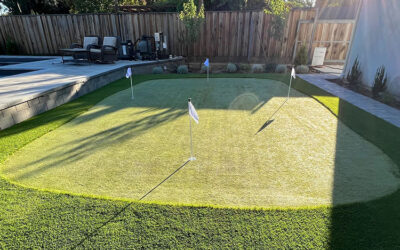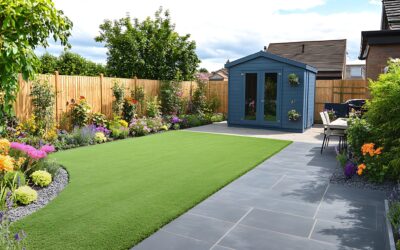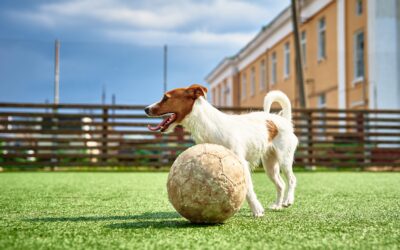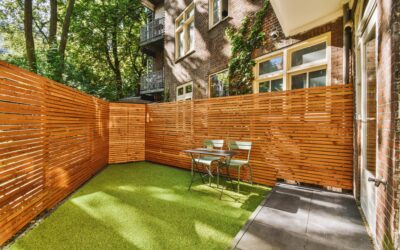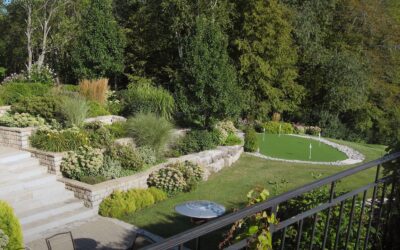
Artificial grass has become an increasingly popular option for homeowners and businesses alike, with its low maintenance and long-lasting durability. But, as with anything, there are pros and cons to consider before making the decision to install synthetic grass in Seattle. One of the biggest concerns is its impact on the environment. In this article, we will explore the environmental impact of artificial grass and determine whether it’s worth it.
Manufacturing:
The production of artificial grass involves the use of non-renewable resources such as petroleum and other chemicals. This process also generates greenhouse gases and other pollutants. Additionally, the manufacturing process can result in waste and excess materials that end up in landfills. While some manufacturers have taken steps to reduce their environmental impact, it’s important to consider the overall impact of the industry.
Water Usage:
One of the biggest advantages of artificial grass is that it doesn’t require watering like natural grass. However, artificial turf for pets in Seattle can still contribute to water waste. The infill used in artificial grass systems can retain heat and make the surface too hot to walk on, leading to the need for frequent watering to cool the surface down. Additionally, the runoff from artificial grass can contain chemicals that can contaminate water sources.
Maintenance:
Artificial grass requires less maintenance than natural grass, but it still requires some upkeep. This includes brushing and cleaning to remove debris and keep the blades upright. Some cleaning products used on synthetic turf can contain harsh chemicals that are harmful to the environment. Additionally, the disposal of waste generated during maintenance can contribute to landfill waste.
End of Life:
When you install synthetic grass in Seattle, it has a lifespan of around 8-15 years, after which it must be replaced. Disposal of old synthetic turf can be problematic as it is not biodegradable and can take centuries to break down in a landfill. Some manufacturers have started recycling programs to reduce waste, but the majority of synthetic turf still ends up in landfills.
Artificial grass experts in Seattle has its advantages, but its impact on the environment is significant. From manufacturing to disposal, synthetic turf has the potential to contribute to climate change, water waste, and landfill waste. It’s up to each individual to weigh the pros and cons and decide whether the environmental impact of artificial grass is worth it for their situation.


